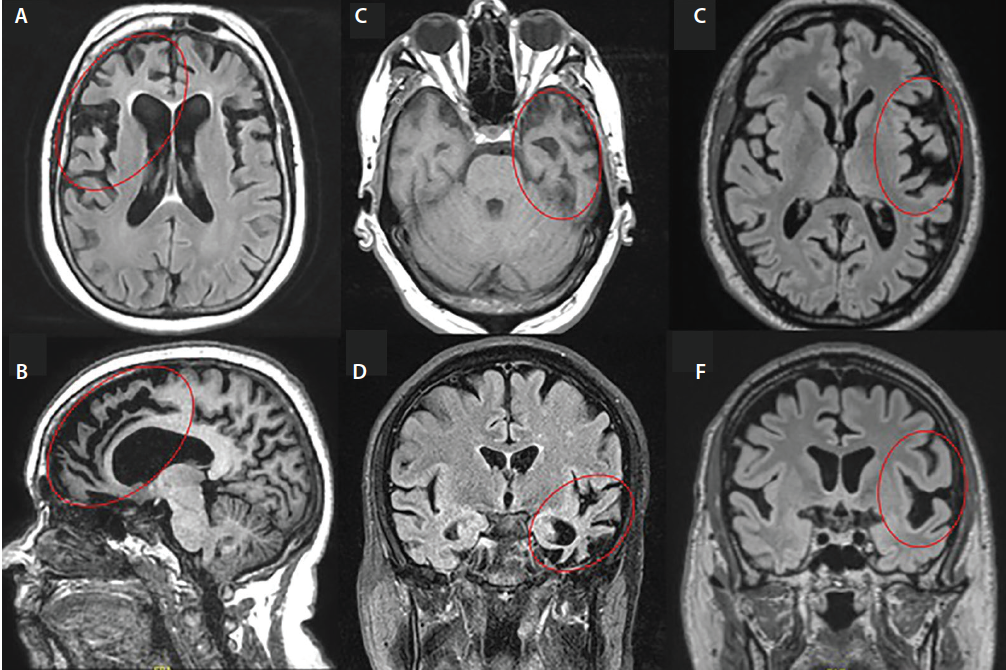The Relationship of Hate to Dehumanization in Neurotypical Individuals compared to those with Frontotemporal Dementia
Abstract
Hate, defined here as an intensive dislike that encourages the elimination of its target, involves dehumanization, or the denial of human qualities to others. We can learn much about hate through its relationship to dehumanization not only among normal (“neurotypical”) individuals, but also among persons with brain disorders, where it may be compromised. The hypothesis is that hate requires a cognitive heuristic that dehumanizes others in order to permit their elimination, and that this is an “animalistic” infrahumanization with decreased empathy for the devalued targets. In contrast, dehumanization from frontolimbic disorders, such as frontotemporal dementia (FTD), is a “mechanistic” loss of awareness of basic human nature from impaired mind attribution and does not facilitate hate. In this proposal, 30 neurotypical and 15 FTD participants are administered videotaped vignettes involving fictious groups with and without hateful behavior and intentional harm to others. In addition to measures of hate, outcome measures include dehumanization measures (descriptive ratings, face-animal and face-robot morphing tasks). Additional areas assessed include empathy, moral decision-making, and mentalization. If the proposed hypothesis proves correct, it could lead to further investigation of the cognitive mechanisms of hate, with the eventual goal of guiding efforts to mitigate the expression of this behavior.
Field
Neurology (behavioral neurology)
Team
Mario F. Mendez, MD, PhD, Kelsey Holiday, Ph.D.
Mario F. Mendez, MD, Ph.D.
Dr. Mendez is a behavioral neurologist with a background in experimental psychology. His research interests include brain-behavior relationships in morality, dehumanization, and related topics. Dr. Kelsey Holiday is a neuropsychologist interested in brain-behavior disorders. She has a research interest in social behavior, emotions, and the brain. Alex Sheppard studied psychology and minored in behavior change health studies at the University of Vermont. His research interests include the intersection between neurological mechanisms and behavior and behavior management, neurodegeneration, and treatment of opioid use disorder.

Kelsey Holiday, Ph.D.
I am a clinical psychologist with an emphasis in neuropsychology and a post-doctoral fellow in the Geriatric Research Education and Clinical Center at the West Los Angeles Veterans Affairs. My research interests include risk factors, neurocognitive deficits, and neural underpinnings associated with neurodegenerative diseases and aging.


